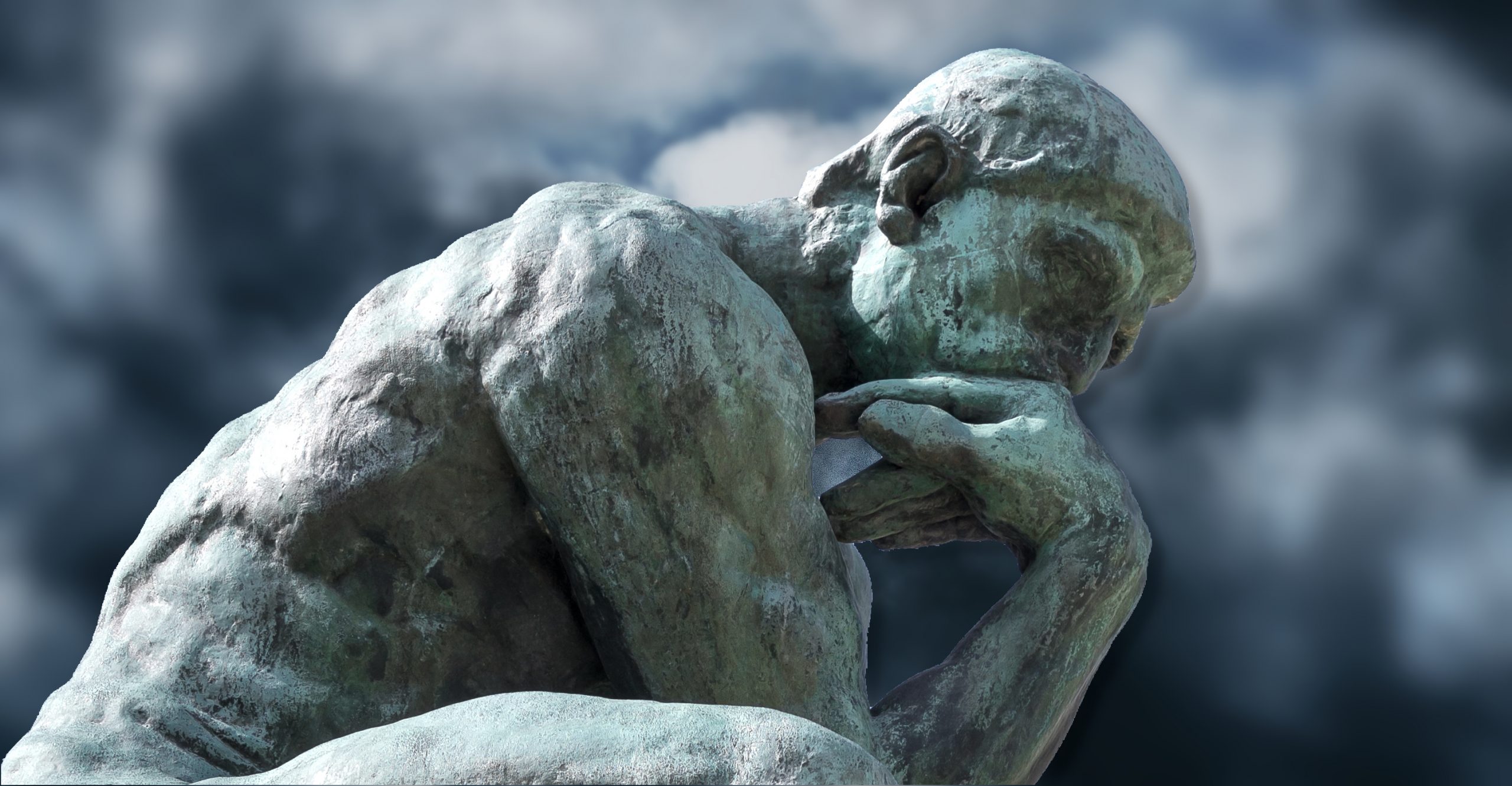
So that you will remember the day you left Egypt all the days of your life.[2]
That we are instructed to remember the Exodus twice daily testifies to the importance of this mitzvah. We have no problem understanding why we must recite the Shema every morning and evening. Proclaiming our belief in the Oneness of Hashem, accepting the yoke of His mitzvos – nothing could be more central than those. But why is remembering the Exodus so crucial? We can certainly appreciate that the Exodus was an exceptionally important event in our history, and is tied into so many other mitzvos. But can we truly say that we need reminders of this twice every day?
The answer is a resounding “yes!” if we consider the essence of this mitzvah – namely, that people need to be truth-seekers. They must ensure that their wants and desires do not obscure truth.
Here is an illustration. A person determined to amass a fortune must begin his quest with an objective assessment of his assets. Cooking his books so that he appears to himself to be wealthy is foolish and counterproductive. Self-delusion will not help him make appropriate decisions.
As Torah Jews, our quest is to amass the spiritual richness of genuine emunah. Located near its core must be sechel free of distortions. When that is the case, the Torah and ma’asim tovim/good deeds that he accumulates can enable his emunah to flourish wider and deeper. This does not happen if his sechel is warped. Preserving sechel ha-yashar, then, is a prerequisite to genuine Torah growth, just as much as keeping accurate books is to a growing business.
Paroh was given several opportunities to back away, as plagues were removed from him. Each time, he used the breathing space to harden his heart, rather than to concede the truths that had been made evident to him. Each time, he was then smitten again – specifically to demonstrate the importance of maintaining objectivity, and not allowing subjective needs to distort the truth. Besides demonstrating Hashem’s power, and punishing the guilty, the plagues highlight (through Paroh’s reactions) how self-need and obstinacy distort Man’s thinking.
On the way to the Reed Sea crossing, the Bnei Yisrael were instructed to take a detour. “Let them turn back and encamp before Pi HaChiros…before Baal Tzefon…Paroh will say, ‘They are imprisoned in the land, the wilderness has locked them in.’”[3] Rashi explains that they were setting bait for Paroh, who would reason that they were lost and vulnerable. Yet, the very next pasuk tells us that Hashem would harden Paroh’s heart, and he would pursue them. If their predicament was insufficient to move Paroh on his own, and his heart would have to be hardened for him to give chase, Hashem could have done that without the detour!
The point is that Hashem wished to demonstrate to us the ludicrousness of a decision made without first removing subjective needs. Paroh earlier had genuinely recognized Hashem’s hand in delivering the plagues. He had seen His awesome power. He had even asked Moshe to give him a brachah. He had witnessed the leadership of Moshe, as he navigated his people safely through the plagues that wreaked havoc on Egypt. He watched as Hashem showed His love for His people. Could a reasonable person then think for a moment that they were now lost? That, locked in by the sea and wilderness, they could not, or would not, be saved by their loving G-d?
Paroh’s set-up was not a necessary precursor to the miracles at the Sea. It was necessary to show the extent of an intelligent person’s capacity for self-delusion, and hence, our need to find truth in our own thinking.
We remind ourselves of this twice a day, when we remember the Exodus.
- Based on Daas Torah by Rav Yeruchem Levovitz zt”l, Devarim pgs.214-216 ↑
- Devarim 16:3 ↑
- Shemos 14:2-3 ↑


